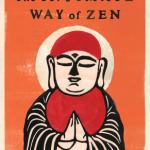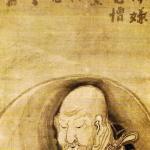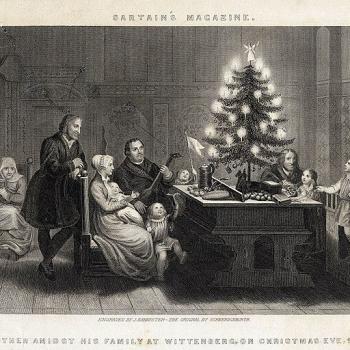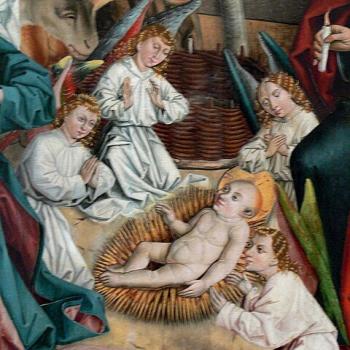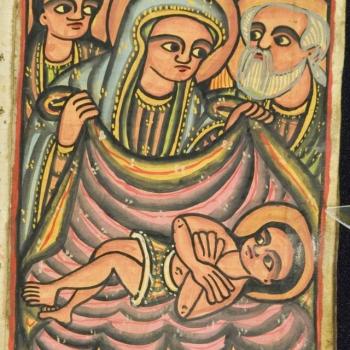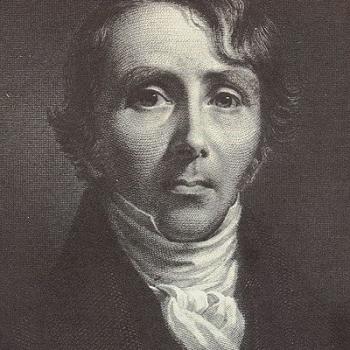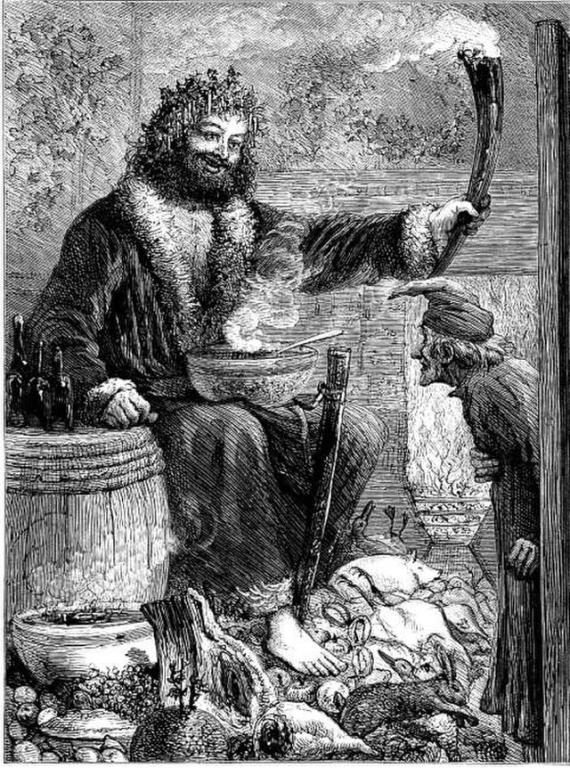
Christmas Present
by Sol Eytinge Jr
1869
Here we are, rushing toward Christmas. For various reasons, I find myself thinking of Charles Dickens and particularly his wonderful novella, A Christmas Carol.
Some of my friends actually read the original story, a few even aloud, annually. Others watch one of the many film versions. Me, one read was fine. But I do like watching the films. Well, some of them. I’m particularly fond of the Alastair Sim version from 1951.
There are slapstick versions, and vehicles for various personalities that are not worth the time to watch. But even the worst of them invite a reflection on our human hearts. The story itself has some deep truth within it. And the really good versions, well, they sing that deep truth back into our longing hearts.
Charles Dickens was a child of poverty. That hard fact was something he never forgot. His writings, and often his actions in life, show his abiding concern for those not born to privilege, and especially those crushed by circumstances beyond their control.
A Christmas Carol casts a harsh light on the grasping and the casual cruelty that marks too much of the culture when the book was first published in 1843. And, truthfully, and part of why it is still relevant, so true of our culture today.
But it’s not just an indictment. Those are easy enough to come by. And they have a place. But, in the novella, at the same time that he holds up that mirror revealing harsh, harsh shadows, Charles Dickens offers us a way through.
While he was born Anglican and died within the warm embrace of that comprehensive faith, he also had a deep Unitarian connection. One of his closest friends was the Unitarian divine Edward Tagart. And during Reverend Tagart’s tenure at Little Portland Street’s Unitarian Chapel, Dickens’ regularly attended services. He even purchased a pew, which is equivalent today to joining a congregation. It was only after Tagart’s death that he drifted slowly back to Canterbury.
What is most intriguing for me is that Dickens wrote A Christmas Carol during those years while he was attending Little Portland Street’s chapel. So, that broad and welcoming faith with its focus on the humanity of Jesus is very much woven into the assumptions of Dicken’s little book.
And with that as something about the mess of our condition, expressed in the story of one poor child and that child’s parents, and with that human dreams of possibility, doors are thrown wide open. As the American Unitarian educator and minister Sophia Fahs wrote.
For so the children come
And so they have been coming.
Always in the same way they come
born of the seed of man and woman.
No angels herald their beginnings.
No prophets predict their future courses.
No wisemen see a star to show where to find the babe
that will save humankind.
Yet each night a child is born is a holy night,
Fathers and mothers —
sitting beside their children’s cribs
feel glory in the sight of a new life beginning.
They ask, “Where and how will this new life end?
Or will it ever end?”
Each night a child is born is a holy night —
A time for singing,
A time for wondering,
A time for worshipping.
And with that such intimations of what might be. My dreams for this Christmastide. And maybe a north star for all of us. Maybe an invitation onto a path into understanding the sacredness of our human condition, the sacredness of this very earth. It is a story of who we really are, and what we might be.
Now Dickens in his lived life fell short of his ideals. Like most of us. But that seeing into the connections, and doing justice, and loving mercy, and failing – but then trying again, and trying again, is at the heart of our human way. Just as Christmas rolls around every year offering a new chance, we too, are called again and again.
Maybe it’s not Unitarianism, that lovely child of the European Enlightenment with a focus on the human mind. Rather, it’s a Universalism. The way of love. Endlessly unfolding, forgiving, welcoming. Whoever we are, we are always welcome. Always angels whisper in our ears, Come, come. Our trespasses forgiven a hundred times a hundred. Come. Just come.
Here a light is being cast showing something. If we’re invited back, and I believe we are always invited back: how do we do it? How, given all the givens of who we are, how do we come back?
Which brings us to Dickens’ story and particularly those visits from those ghosts. I love the social media meme that ends with the observation that as we can’t count on spirits to intervene, we need good unions. But as a map into our hearts, there are powerful invitations. Invitations that don’t deny unions, or their desperate need. But, also an invite into the deepest matters of our hearts, about who we are, and who we can be.
Like in a gestalt world, we play all the parts in that book.
So, a question, an important one: Who is Marley in your life? With whom have you conspired to sell your heart to something less than love and care for others? And with that finding your true heart and maybe even saving yourself? Who do you know who has fallen and in that fall has given you a terrible gift: a warning?
A hard question. And a door swings open.
Within that vulnerable moment we might find how are invited to the lessons our ancestors gave us. More doors. As one friend told me, when asked how it was she could find time in her busy life to stop and work at a food pantry. She replied, simply, clearly from this place to which we are called today: “Because,” she said, “My mother taught me to.” Or, maybe a little political agitation. We need some activism these days. These dangerous days. And. And. We are surrounded by clouds of witnesses. Our ancestors whisper in our ears. What are the lessons you know are right, that you learned so long ago, but perhaps in the messiness of our lived lives have forgotten?
Christmastide. I find it brings an invitation to recall, to recollect those messages of warning, of hope, and of guidance.
So those messages of Christmas past. Where are they for you? Which ones call to your heart? Do they come from religion, from literature, from your life? Or, in differing measure, from all? Have you reflected on what they might mean for you?
Then, what about today, that here and now thing, the Christmas present thing? You know the gift of this moment. The invitation within our tradition is to come into the doing, to recall we are verbs much more than we are nouns.
As Dickens reminded us, as this day reminds us, we’re invited into the doing. And there is so much to do. So much need, so much. Our task, each of us, is to find that one thing, or that small number of things, which we can do; and then to do it, to do them.
I think of all who need. I think of us. Another gift of questions follow. Who serves and who is served? Who is guest? And who is host?
And, with that, finally, we come to Christmas future, and for that to Christmas day. As with that story of a miraculous birthing the question for each of us, pregnant as we are with many possibilities: Which future are you going to let birth into the world?
You do get to choose. Or, more correctly, at least you get to choose your part. So, out of all these lessons, which one is it going to be?
What will be your gift to this world?
Living into the Christmas spirit.
Born like a child in a manger. No one knows what will come of that small birth.



